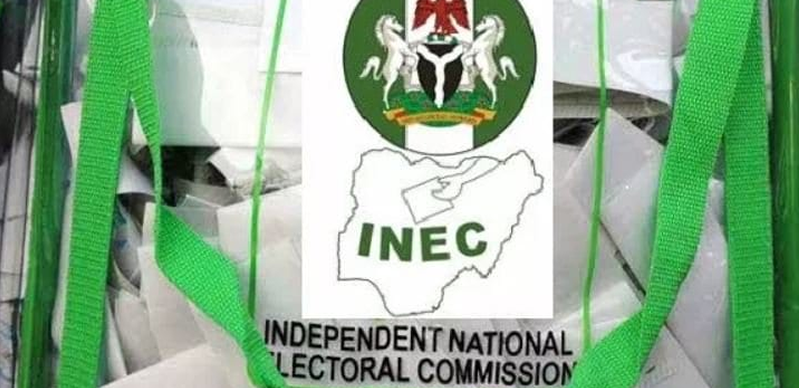CPTA Appeals for Post-Election Peace in Edo State, Advocates for Citizen-Led INEC Reforms
The Center for Peace, Transparency, and Accountability (CPTA) has enjoined the oppositions in the just concluded Edo State gubernatorial election to follow legitimate course in addressing their grievances while calling for the transformation of electoral process.
This is just as the Center noted that allowing citizens to participate in the choosing and appointment of the Independent National Electoral Commission (INEC) Chairman will provide a fair level playing ground for every contestants in the democratic process.
Comrade Patrick Ogheneyero Onomuodeke, the Executive Director of CPTA, disclosed this information in a statement issued to newsmen today in Abuja.
He appreciates the citizens of Edo State for engaging in a peaceful electoral process but however raised concerns about the alleged occurrence of irregularities that marred the election as stated by some stakeholders including Civil Society Organizations (CSOs).
“While we commend the peaceful conduct of voters, we are compelled to address concerns raised by some stakeholders, particularly Yiaga Africa, a respected civil society organization (CSO), which has raised questions about the integrity of the electoral process. Yiaga Africa pointed out that the election was marred by irregularities, manipulations, and malpractices that cast doubt on the transparency and fairness of the process.
“The CPTA firmly believes in democratic governance, which thrives on the principle of credible, free, fair, and transparent elections. While we respect the pronouncement of INEC, we also recognize the legitimate right of any aggrieved party to challenge the outcome of the election through lawful means.
“As such, we call on all political actors, stakeholders, and citizens of Edo State to remain calm, exercise restraint, and refrain from actions that could lead to public disorder or violence. Elections, though critical, are not worth the loss of lives or the destruction of property.
In the spirit of democracy and the rule of law, we urge those who feel dissatisfied with the results to pursue justice through the courts. The judiciary remains the most appropriate and constitutionally recognized institution for resolving electoral disputes. Any form of protest or attempt to disrupt public peace will undermine the very democratic process we all seek to protect,” Comrade Ogheneyero said.
According to him, the recent election in Edo has further underscored the need for Nigeria to strengthen its electoral process by addressing vital issues one of which is the mode of choosing the INEC chair.
“Beyond the immediate outcomes of the Edo State election, CPTA believes that there is an urgent need to address structural and procedural flaws in our electoral system that continue to undermine public confidence.
“A key aspect of this reform should be the process for selecting the Chairman of INEC. Currently, this power resides with the President, which has led to concerns about impartiality and fairness, particularly in closely contested elections.
“We, therefore, advocate for a constitutional amendment that will allow the citizens, through their representatives in the National Assembly, to have a direct role in selecting and appointing the INEC Chairman. Such a process will help ensure that every contestant, regardless of political affiliation, is assured of a level playing field.
“This reform is not only crucial for the credibility of our elections but also for the overall trust in the democratic process as it eliminate perceptions of bias and enhance public confidence in INEC’s neutrality,” he added.
Comrade Ogheneyero also called on stakeholders including INEC, security agencies and CSOs to enhance their collaboration as well as deploying more advanced technology in combating any form of electoral malpractices in Nigeria.
“Meanwhile, CPTA noted that the persistent issue of electoral malpractices, including vote buying, intimidation, and manipulation of results, remains a significant challenge to Nigeria’s democracy. It is imperative that INEC, law enforcement agencies, and civil society organizations strengthen their collaboration in combating these challenges. A robust framework for the prosecution of electoral offenders must be enforced to serve as a deterrent to those who seek to undermine the sanctity of the ballot.
“We also call for the adoption of more advanced technological solutions in future elections to reduce human interference and the potential for fraud. The introduction of electronic voting, real-time result transmission, and biometric voter authentication has shown promise in some areas, but more needs to be done to ensure these systems are foolproof and universally implemented.” The Executive Director stated.


